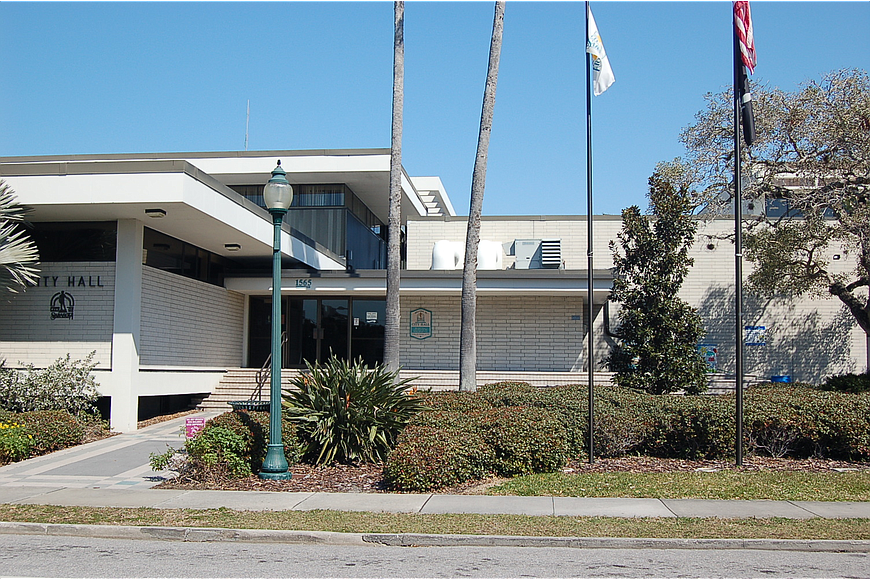- May 8, 2024
-
-
Loading

Loading

City Commissioners all agreed on Tuesday that their meetings frequently go on too long, often to the detriment of constituents’ time and commissioners’ patience. What they could not agree on, however, was how best to change that.
The topic was broached as Commissioner Hagen Brody asked fellow commissioners to consider moving the city meetings to the evenings, rather than starting in the early afternoon. Clearing the hours of the traditional workday, he said, would not only benefit city leaders but allow residents who work 9-to-5 jobs to participate in the process of city government.
But other city officials were not so sure.
“I understand where you’re coming from ... but I think the marathon meetings can be handled through agendas that are managed better,” Vice-Mayor Jen Ahearn-Koch said, arguing that staff needed to see the agendas from the commissioners’ perspective.
Plus, she explained, as Brody’s proposal would cut meeting times in half but double the number of weekly meetings, they could potentially “ruin family life.”
Commissioner Shelli Eddie also disapproved of the idea, as it wouldn’t be conducive for employees who “work for other people.”
“I’m not saying it can’t work; I’m in agreement to discuss something. But the only way that I would be in favor of starting in the evening would be if there was a daytime-certain cut off,” Eddie said. “And once we hit that time, there’s no motion to continue. It goes to the next agenda item.”
Instead, she proposed a schedule similar to that of other cities that meet in the evenings — such as Largo, Plant City and St. Augustine — which would involve meeting around 5 p.m. or 6 p.m. and doing so twice a month, rather than twice a week.
“Meeting time isn’t the problem. The mass of the agenda is,” Mayor Liz Alpert said, echoing Koch’s sentiments. “And the staff has to be considered besides our schedule. They work 8 a.m. till whatever time at night and then they have to be back at 8 a.m. the next morning. They have families. We’re either paying overtime or giving them comp time. So, every time we’re here very late, it’s costing the city money, as well.”
In all, city officials explored several ideas, such as capping the amount of time that each commissioner could question another or discuss a given item, placing a general time limit on agenda items themselves or even trying to get more involved in the agenda-making process.
But in considering a “time certain cut off” for meeting times, officials worried about the negative impact it could have on attendees’ ability to participate. Should the city choose to set more concrete time limits for their meetings, they said, officials themselves would have to be careful not to cramp the residents’ rights to attend, listen and directly address commissioners.
Getting more involved in how staff creates the agendas could also present legal problems as, per Florida state statute, commissioners’ actions must be transparent and take place “in the sunshine.”
“We can wish for one thing, but we can also work with the reality,” Koch said. “There will be a solution, eventually.”
No decisions were made in the commission's informal meeting setting.